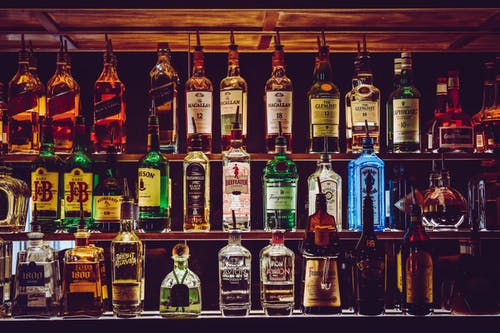The concept of drinking and driving began in 1872 as a law was passed to its effect.
From then, it became an offense to drive any automobile or carriage while under the influence of alcohol. In 1925, this law was amended. It was amended that anyone driving any vehicle under the influence of alcohol is also guilty of the law.
In 1962, there was a formation of the Road Traffic Act. It regulated the legibility of drivers plying the road. In 1965, the United Kingdom announced a new law that will regulate drinking and driving.
This law was called the “drinking and driving law” As the times evolved, new methods for checking drinking and driving came into place. One of them is the introduction of breath testing in 1983.

As more automobiles were created and the dangers of drinking and driving increased, the drinking and driving act was reviewed. In 2004, the maximum penalty for drinking and driving increased. The prison term increased to 14 years.
Staying away from drinking alcohol before driving is one of the foremost lessons taught to drivers within the United Kingdom. This rule is instilled into the consciousness of every driver. It is to prevent drivers from falling prey to the penalties attached to this offense.
Here are some of the reasons why you should not drink and drive in the United Kingdom:
- It is dangerous and deadly.
In 2017, about 8600 people were involved in car accidents where the driver was drinking and driving. Driving under the influence is deadly and is not advisable.
- You will face lots of penalties for driving under the influence of alcohol. You could face 3-6 months in prison, a driving ban, a lasting criminal record.
- Other reasons include suffering as brands, insurance, and other companies will want to have nothing to do with you. The spontaneous effect of alcohol could make you do dangerous things.

